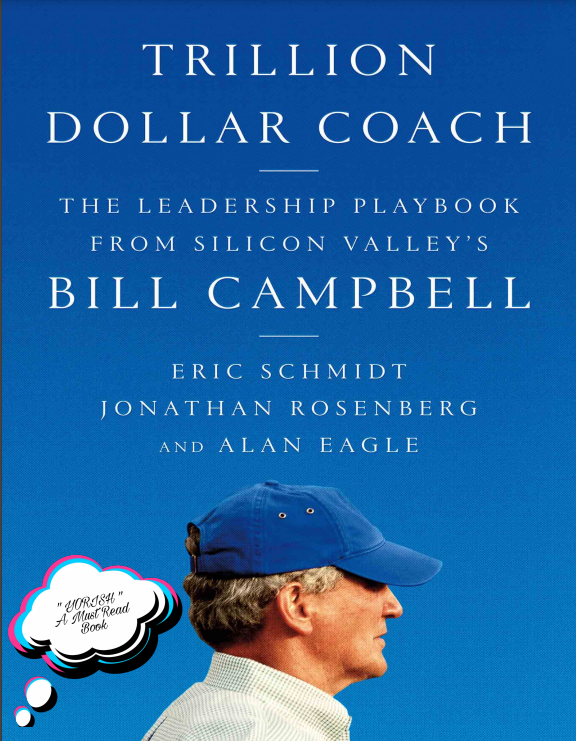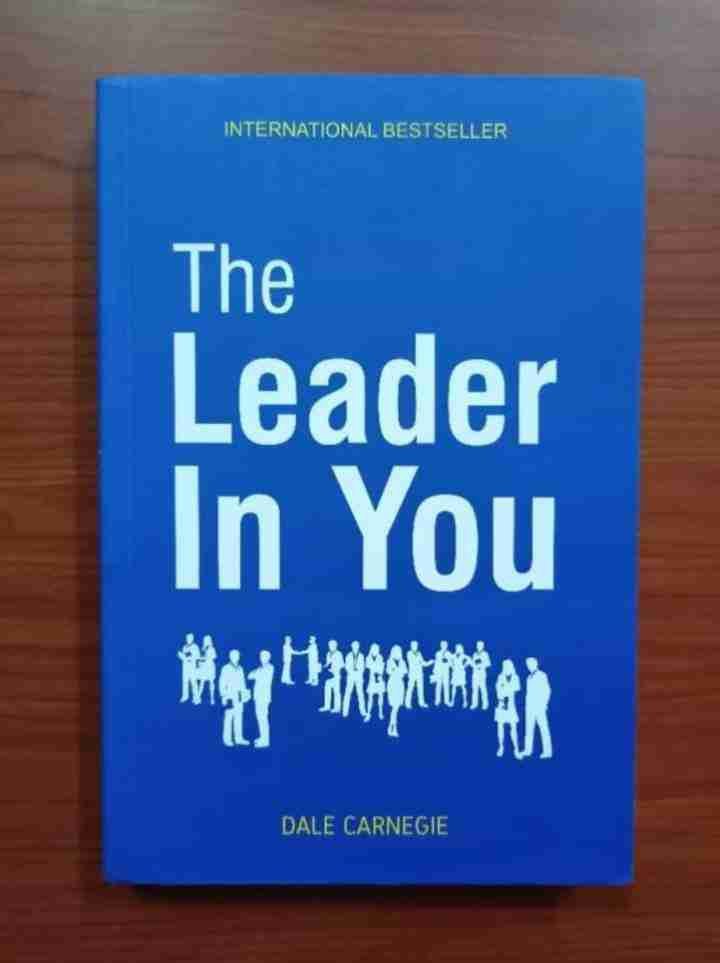

summary of Trillion Dollar Coach is a leadership and management book that celebrates the life and principles of Bill Campbell, a legendary executive coach in Silicon Valley. Written by Eric Schmidt (former Google CEO), Jonathan Rosenberg, and Alan Eagle, the book captures the wisdom and methods of Campbell, who mentored some of the most influential leaders in technology, including Steve Jobs (Apple), Larry Page and Sergey Brin (Google), Jeff Bezos (Amazon), Sheryl Sandberg (Facebook), and countless others. The title reflects the immense value created by the companies and leaders he guided—adding up to trillions of dollars in market value.
The book emphasizes that Bill Campbell’s influence was not rooted in technical expertise or corporate strategy alone, but in his unique ability to blend business acumen with deep empathy, humility, and care for people. Known as the “Coach of Silicon Valley,” he believed that building trust, fostering strong relationships, and caring for individuals as human beings were central to effective leadership. Instead of focusing solely on profits, Campbell stressed the importance of teams, culture, and shared values. His guiding philosophy was that great leadership requires both love and toughness—leaders should push people to achieve excellence while also supporting them personally and professionally.
One of Campbell’s key insights was that teams, not individuals, drive success. He often reminded executives that even the most brilliant person cannot outperform a cohesive, well-functioning team. He coached leaders to focus on communication, collaboration, and clarity of purpose, ensuring that everyone worked toward shared goals. Another theme in the book is trust: Campbell taught that managers and leaders must earn and give trust freely, creating a safe environment where people feel respected and valued. He emphasized candor and honesty, encouraging leaders to give direct, constructive feedback with kindness.
Campbell also placed great importance on coaching itself—he believed every leader should act as a coach, helping team members grow, develop, and find fulfillment in their work. He modeled this by investing his time generously, often mentoring people outside formal structures, not because of their rank but because of his genuine belief in their potential. The book highlights his people-first approach: Campbell celebrated personal milestones, showed up for his teams during hard times, and treated employees as whole individuals rather than just workers.
Despite his warmth, Campbell also pushed leaders to be decisive and bold. He reminded them to confront problems head-on, not avoid difficult conversations, and always prioritize the long-term health of the company over short-term comfort. His style combined empathy with accountability, earning him respect and affection across Silicon Valley.
The authors organize the book into lessons and principles that can be applied by leaders in any field. These include:
- Lead with love: Care deeply about the people you work with.
- Build trust and psychological safety: Create environments where teams thrive.
- Team first: Success is about collective achievement, not individual heroics.
- Be both candid and kind: Feedback is essential, but it should come from a place of respect.
- Be present and engaged: Leadership is about showing up, listening, and supporting people.
- Coach others continuously: Share your experience and wisdom to help others grow.
Ultimately, Trillion Dollar Coach is both a tribute to Bill Campbell and a practical leadership playbook. It illustrates how compassion, humility, and human connection can coexist with high performance and innovation. Campbell’s approach shows that leaders who genuinely care about people, who act with integrity and empathy, can not only build stronger teams but also achieve extraordinary business success.





































.jpg)
.jpeg)



.jpg)
.jpg)

.jpeg)

.jpg)

.jpeg)




.jpeg)

.jpeg)

.jpg)

.jpg)




.jpg)



















.png)
.jpg)





